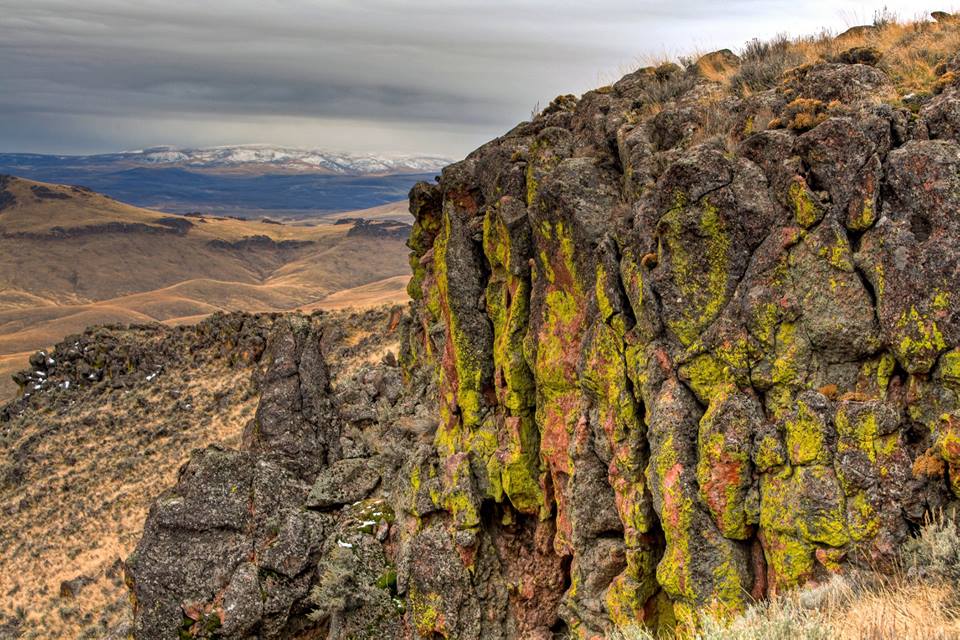Thank You
Practicing Gratitude
in a Complex World
Gratitude and Connection
Gratitude is a process-relational practice. If we see the world in terms of self-enclosed units invulnerable to the effects of others, there is no need to be grateful. But if we recognize that the world is an evolving network of mutual becoming, with all things present in one another even as they are unique, gratitude is natural. It carries within it a recognition of mutual becoming and an appreciation of the goodness of others.
This is what Robert Emmons, a leading researcher in gratitude studies, proposes. He says that gratitude is two things at once: affirming the goodness of the world and knowing that the source of this goodness comes from outside ourselves: from nature, from other people, from music and the arts, from the simple things in life, from God. When these are combined, we feel gratitude. Emmon's research shows that gratitude has four measurable, positive effects in human life:
Rene Brown adds that it is important to practice gratitude in tangible, practical ways: e.g. keeping a gratitude journal; saying something out loud that you are grateful for three times a day; sharing things you are grateful for after saying grace at meals.
It's not enough to tell yourself that you should or will be grateful; and it's even harder if someone else tells you that you should be grateful, making it a moral obligation. But gratitude can be practiced by doing practical things, on a daily basis, that allow gratitude to well up in the mind, heart, and imagination, strengthening your capacity for positive relations with the world.
Don't worry. There'll still be enough suffering to go around. Enough injustice, enough danger, enough greed, enough hatred. But what the world needs now is positive influences, combined with compassion and care, that add light to the darkness. What the world needs now is people who are grateful for the goodness and want to nurture it.
Bottom line: It's not the joy that makes us grateful, its the gratitude that makes us joyful. The practice of gratitude is a process-relational practice. It reminds us that the world is not composed of self-contained substances but rather events in relation, that the world is good, and that much of that goodness comes from sources outside ourselves. It is often said that there can be no peace without justice. It is also true that there can be no justice without gratitude.
- Jay McDaniel
This is what Robert Emmons, a leading researcher in gratitude studies, proposes. He says that gratitude is two things at once: affirming the goodness of the world and knowing that the source of this goodness comes from outside ourselves: from nature, from other people, from music and the arts, from the simple things in life, from God. When these are combined, we feel gratitude. Emmon's research shows that gratitude has four measurable, positive effects in human life:
- It allows a celebration of the present, relieving anxiety about the future
- it blocks toxic emotions such as envy, resentment, regret, and depression;
- it helps us become more stress-resistant;
- it strengthens social bonds.
Rene Brown adds that it is important to practice gratitude in tangible, practical ways: e.g. keeping a gratitude journal; saying something out loud that you are grateful for three times a day; sharing things you are grateful for after saying grace at meals.
It's not enough to tell yourself that you should or will be grateful; and it's even harder if someone else tells you that you should be grateful, making it a moral obligation. But gratitude can be practiced by doing practical things, on a daily basis, that allow gratitude to well up in the mind, heart, and imagination, strengthening your capacity for positive relations with the world.
Don't worry. There'll still be enough suffering to go around. Enough injustice, enough danger, enough greed, enough hatred. But what the world needs now is positive influences, combined with compassion and care, that add light to the darkness. What the world needs now is people who are grateful for the goodness and want to nurture it.
Bottom line: It's not the joy that makes us grateful, its the gratitude that makes us joyful. The practice of gratitude is a process-relational practice. It reminds us that the world is not composed of self-contained substances but rather events in relation, that the world is good, and that much of that goodness comes from sources outside ourselves. It is often said that there can be no peace without justice. It is also true that there can be no justice without gratitude.
- Jay McDaniel









